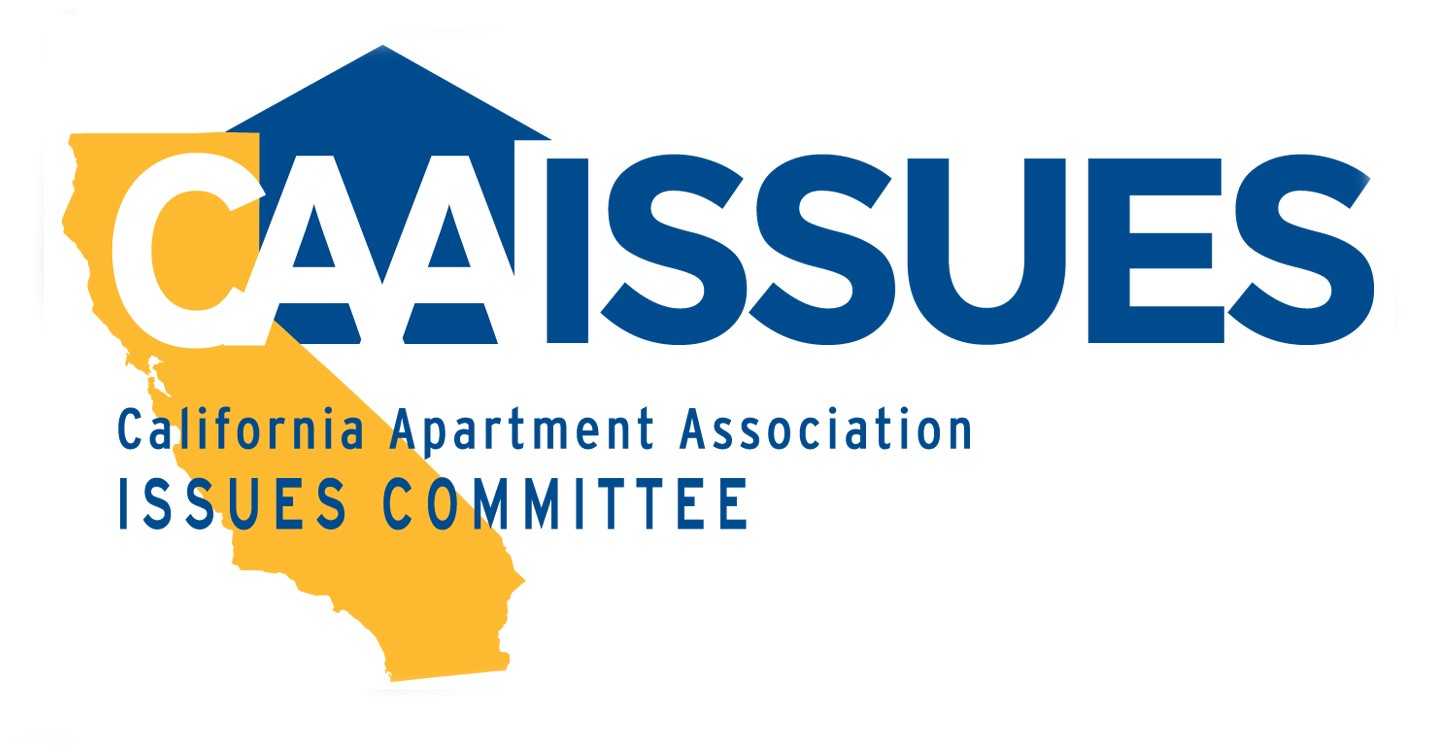Despite strong opposition from the California Apartment Association, the California Chamber of Commerce and others, a statewide rent control bill on Wednesday night passed off the state Assembly floor.
CAA remains steadfastly opposed to the bill, AB 1482 by Assemblyman David Chiu, D-San Francisco. The legislation now awaits committee hearings in the Senate.
Early Wednesday evening, AB 1482 appeared to be defeated for the year, being 7-8 votes short of the 41 votes needed for passage. Chiu, however, agreed to several amendments to his proposal, which led the California Association of Realtors to lift its opposition and take a neutral position to the legislation.
Chiu was then able to secure the needed votes to advance his proposal, which passed with 43 yes votes, 31 no votes and six abstentions.

In recent weeks, CAA has spearheaded a grassroots campaign to stop AB 1482. Those efforts culminated Wednesday during the association’s Legislative Conference in Sacramento, during which more than 400 rental housing owners and managers walked to the Capitol to ask lawmakers to reject the rent control proposal. CAA has also mobilized members to call Assembly members in their districts and urge no votes on the bill.
Some highlights of the amendments that Chiu has agreed to take relative to AB 1482:
- Increasing the annual cap on rent increases from CPI plus 5% to CPI plus 7%, the same cap adopted by Oregon earlier this year.
- Exempting owners with 10 or fewer single-family homes.
- Sunsetting the bill in three years, but with the option to renew – a foregone conclusion.
These changes do not remove CAA’s objections to the legislation.
Despite requests by CAA, Chiu has refused to provide any assurances that future Legislatures won’t lower the annual cap on rent increases. The Legislature could conceivably lower the law from CPI plus 7 to CPI plus 1 next year. This creates instability in the marketplace.
Additionally, including all buildings that are 10 years of age or older in the rent cap would result in a significant reduction, if not elimination, of new rental housing development projects. It is anticipated that with only a 10-year horizon, investors and lenders will opt to place capital in other ventures.
Moreover, the bill still does not address the crux of California’s housing crisis, which is a housing shortfall. California needs to build more housing as quickly as possible, and a statewide rent cap creates a disincentive for investors to build new housing or to renovate existing housing.
AB 1482 does not include means testing, so the state’s wealthiest residents will be eligible for a price ceiling on rentals, while renters most in need will get no assurances of assistance.
“It defies logic that the state Legislature continues to advance rent cap legislation, which will worsen California’s housing shortage, while rejecting legislation that would actually promote new homes, like SB 50, which would prohibit bans on apartment construction near jobs centers and public transportation,” said Tom Bannon, CAA’s chief executive officer. “This push for statewide rent control also comes just months after voters resoundingly rejected Proposition 10, the statewide rent control measure on November’s ballot.
“It’s time we work together to advance policies that will add housing that working families can afford instead of blanket policies that don’t address the real problem — a lack of supply.”

